LŠSS classes are taught by members of the Institute of Czech and Deaf Studies along with the academic staff and PhD students from Charles University’s Faculty of Arts, and long-term partners of the CU FA Institute of Czech and Deaf Studies who teach classes within the Czech Studies courses and courses for foreign students at CU FA.
Adamovičová Ana
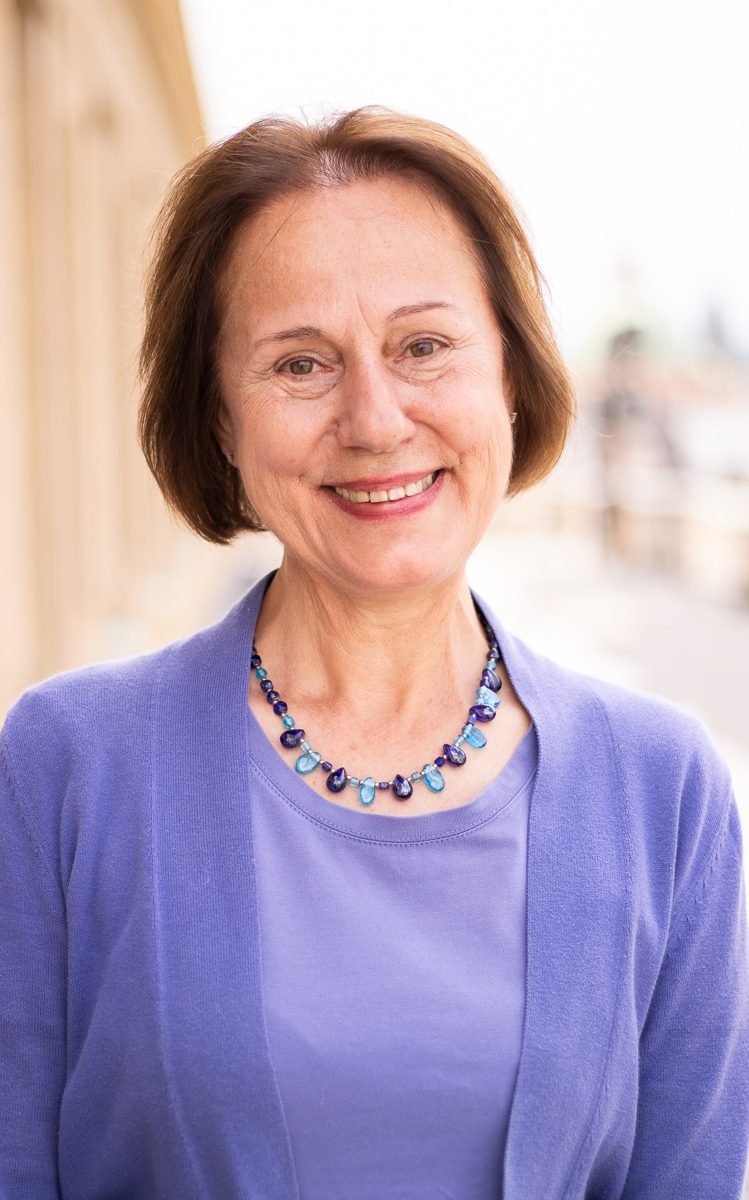
Sure! Here’s the English translation of your text:
Why do I focus on teaching Czech to foreigners?
I teach Czech to foreigners because I enjoy working with people from different cultures, and I also see how language helps them move forward. I like the Czech language and I enjoy explaining it in a way that makes sense even to someone who’s never heard it before. It’s a meaningful job – it opens new doors for people and sometimes helps them start a new life in a new country.
Why am I at the Summer School?
I teach at the Summer School because I enjoy the intensive work with motivated students from different countries. The Summer School is not just about teaching language, but also about culture, sharing, and human connections. It’s an inspiring environment for me, where I also learn.
How will you recognize me at the Summer School?
Hopefully, by the fact that I look forward every day to meeting kind students.
Bergerová Marie

At last year’s Summer School still as Maruška Štěpánová – a native of the region of Němcová, the Čapeks, and Jirásek; cellist, scout, castle guide, alto singer, lecturer at the Third Faculty of Medicine at Charles University and at the Czech University of Life Sciences in Prague; cycling pilgrim; lover of wandering through the countryside as well as cultural landmarks; collector of stories from elderly witnesses; and a regular visitor of Czech expatriate communities around the world…
Why do I focus on teaching Czech to foreigners?
I really enjoy traveling the world and discovering different cultures. But through teaching Czech to foreigners, I can explore the whole world right here at home in Prague – directly in my own classroom! As a proud Czech, I also truly enjoy promoting our language and rich culture to people who are only just beginning to get a taste of them.
Why am I at the Summer School?
What continues to fulfill and enchant me – aside from teaching – are the various informal activities with students, the international dimension of the event, the friendly atmosphere, the relaxed summer vibe, and above all, the motivated students from all over the world who give up their summer to come and learn our beautiful (but difficult) language…
How will you recognize me at the Summer School?
By the smile and song on my lips – and a nicely round belly (as I carry a new little future Bohemist under my heart).
Červeňáková Hana
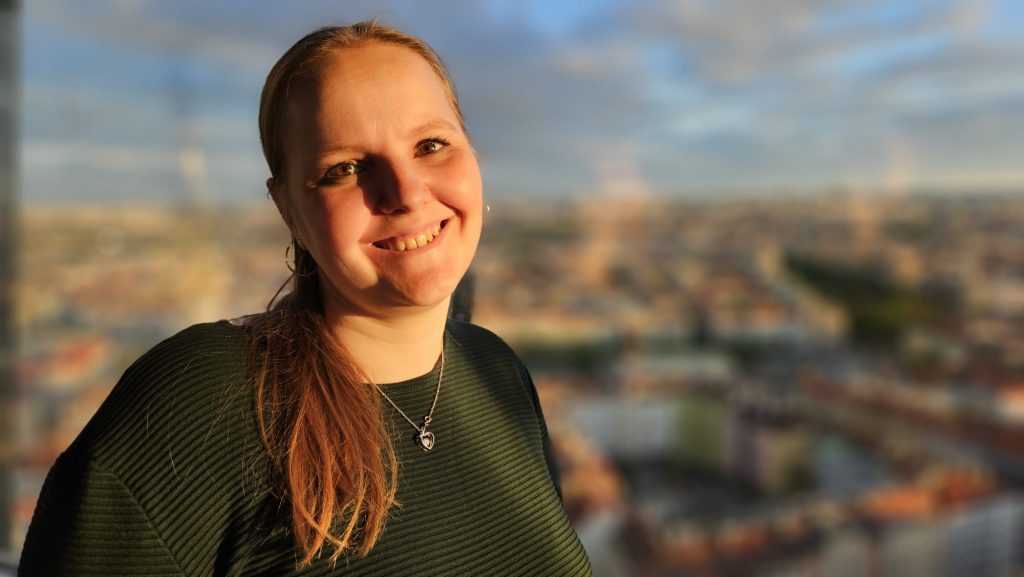
She became a teacher of Czech as a foreign language six years ago by chance. She is very happy she did, because it is a profession and field of study that fulfills her and she learns something new every day.
The Summer School of Slavonic Studies (LŠSS) is a dream come true for her because it’s like a camp in the center of Prague, and she enjoys every moment with the students, whether it’s teaching, evenings with tastings, or trips into nature.
She spends her free time with her dog, traveling, creating photo albums, playing board games or
volleyball.
Diringerová Hana
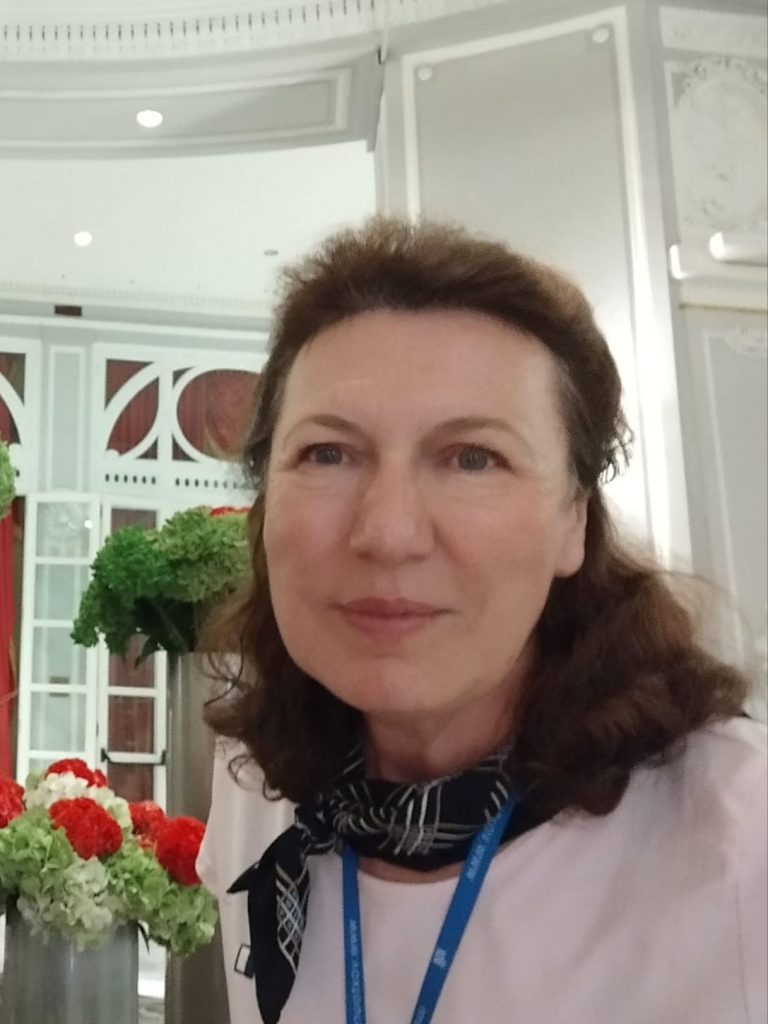
Hana is a professional teacher of Czech as a foreign language. She has been teaching students at the summer school in Prague since 1995. She has experience with both complete beginners and more advanced students. She is simply a normal teacher! She has a lot of experience, so don’t be afraid to ask anything.
Hana is from Prague. She was born here, studied at the Faculty of Arts at Charles University in Prague, majoring in Russian – History. She lives and works in Prague. She is a typical Prague resident. She will gladly advise you on what interesting things not to miss in Prague.
Hana loves nature. She knows places in the Czech Republic that many people are still unaware of. You can get tips from her on places worth visiting!
Hasil Jiří
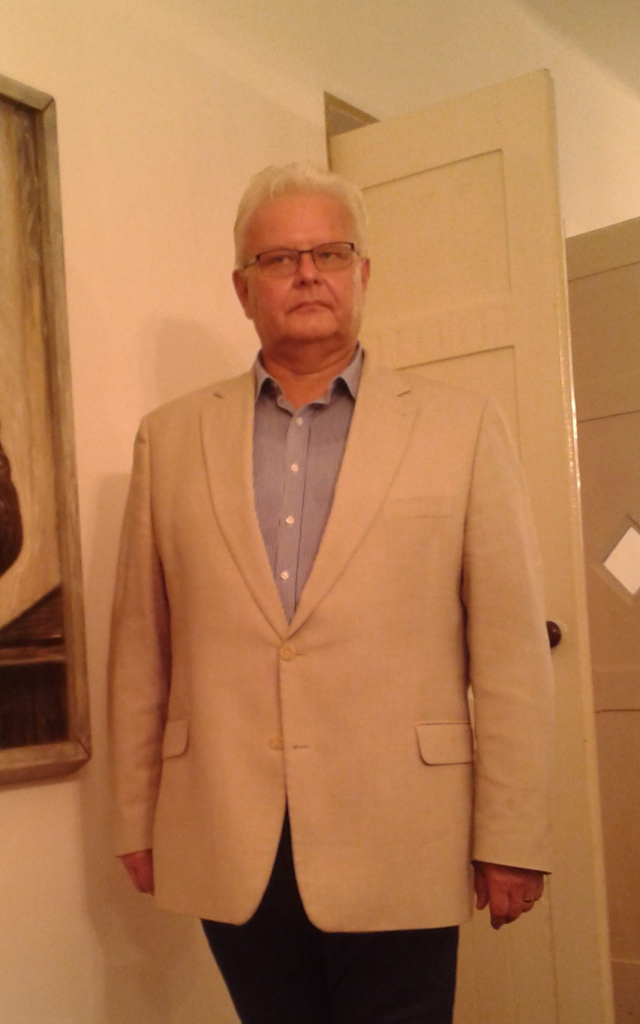
Jiří Hasil has taught Czech to native and non-native speakers alike for a long time. He is interested in language didactics, particularly in the relationship between culture, history, and language. His other interests include history, especially the 19th and 20th centuries, Czech morphology, and language cultivation theory. His first experience with LŠSS came in its 22nd year in 1978 when he worked there as a community interpreter. Since then, he has held several positions at LŠSS (director in 2009–2016). He likes to spend time in his home in the country near Prague and only very reluctantly leaves its peaceful environment. He never leaves his house without his ID, driver’s license, and house keys. He loves history, historical monuments, music, theatre, and especially opera. He loves his family, too. The older he gets, the more morose he is and the more he loves his granddaughter.
Hejlová Hana
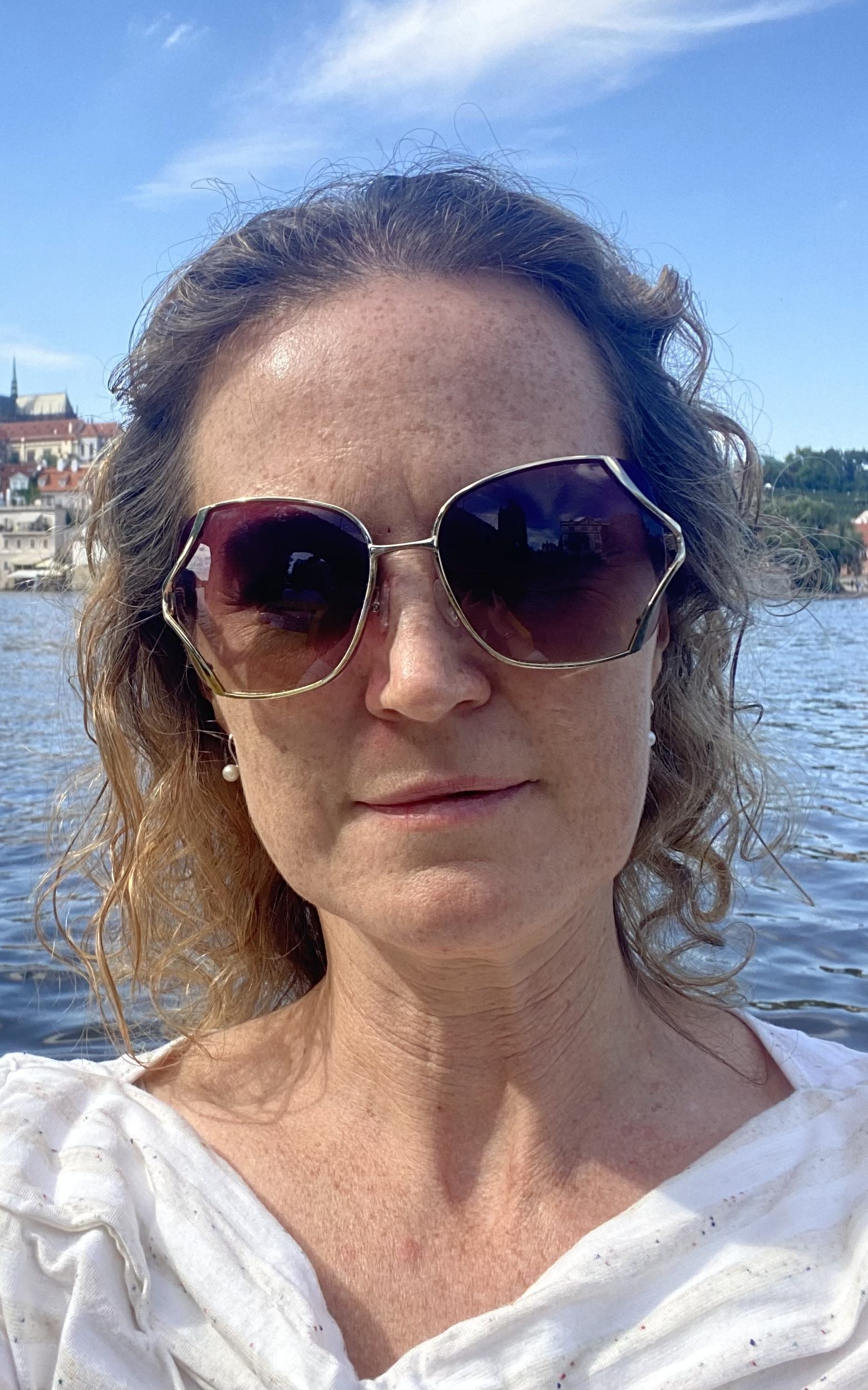
At the summer school, we will meet in the kitchen while cooking Czech specialties and on weekend trips. I’m really looking forward to it! Throughout the year, I teach Czech for foreigners, English for deaf and hard-of-hearing students and I am also a sports instructor. I love my job as I love meeting new people and learning new things. In my free time, I enjoy travelling and going for a ballet, but I never miss a chance to lie down (preferably on a subbed by the sea) and read whatever comes my way.
Hrdlička Milan
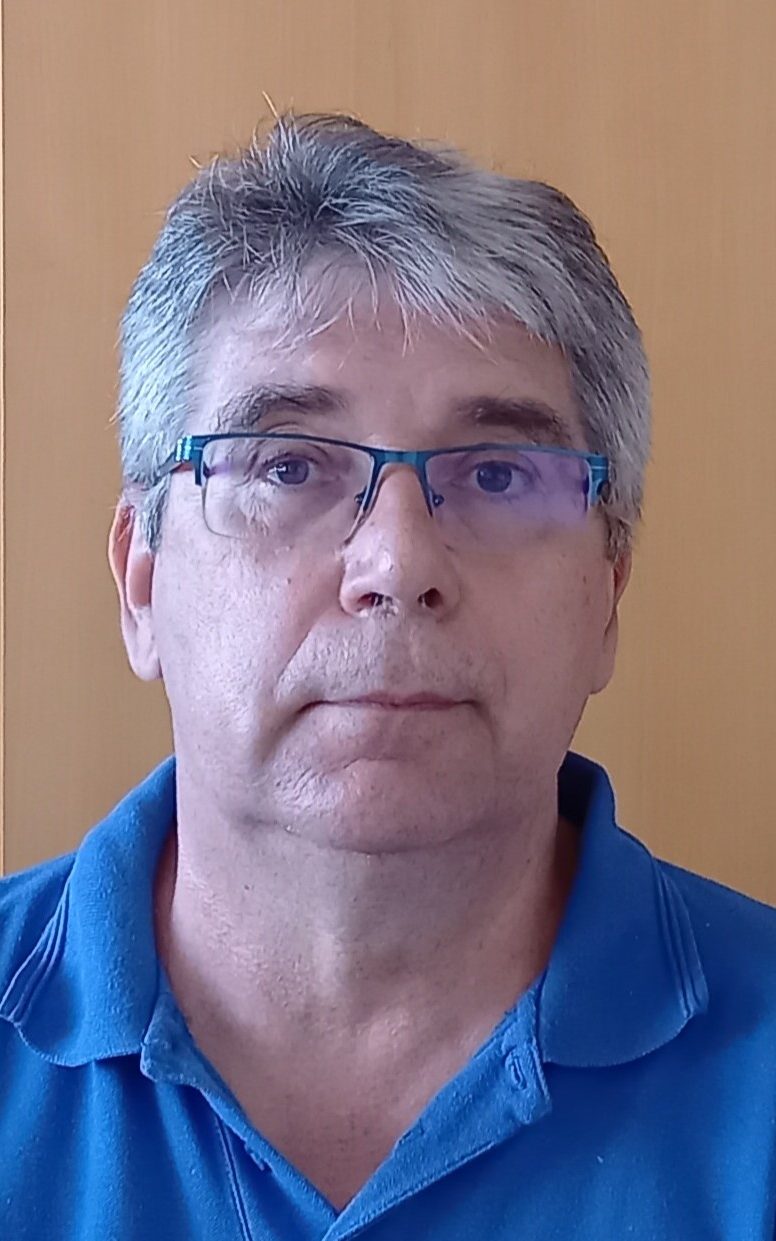
Doc. PhDr. Milan Hrdlička, CSc., a Czech scholar and lingual didactician, specializes in linguistic Czech studies, particularly in the morphology of contemporary Czech, as well as issues related to the description and presentation of Czech to non-native speakers and the theory of literary translation. He has lectured and taught at numerous domestic and foreign universities, with long-term engagements at the Université libre de Bruxelles in Brussels and the Hankuk University of Foreign Studies in Seoul. He is affiliated with the Institute of Bohemian Studies at Charles University in Prague and the Department of Czech Language and Literature at the University of West Bohemia in Pilsen. He is the author of a number of studies, monographs, and Czech for foreigners textbooks, and he also engages in literary activities (Riita 2020, Ozvěny z hlubin času 2021).
Hudousková Andrea
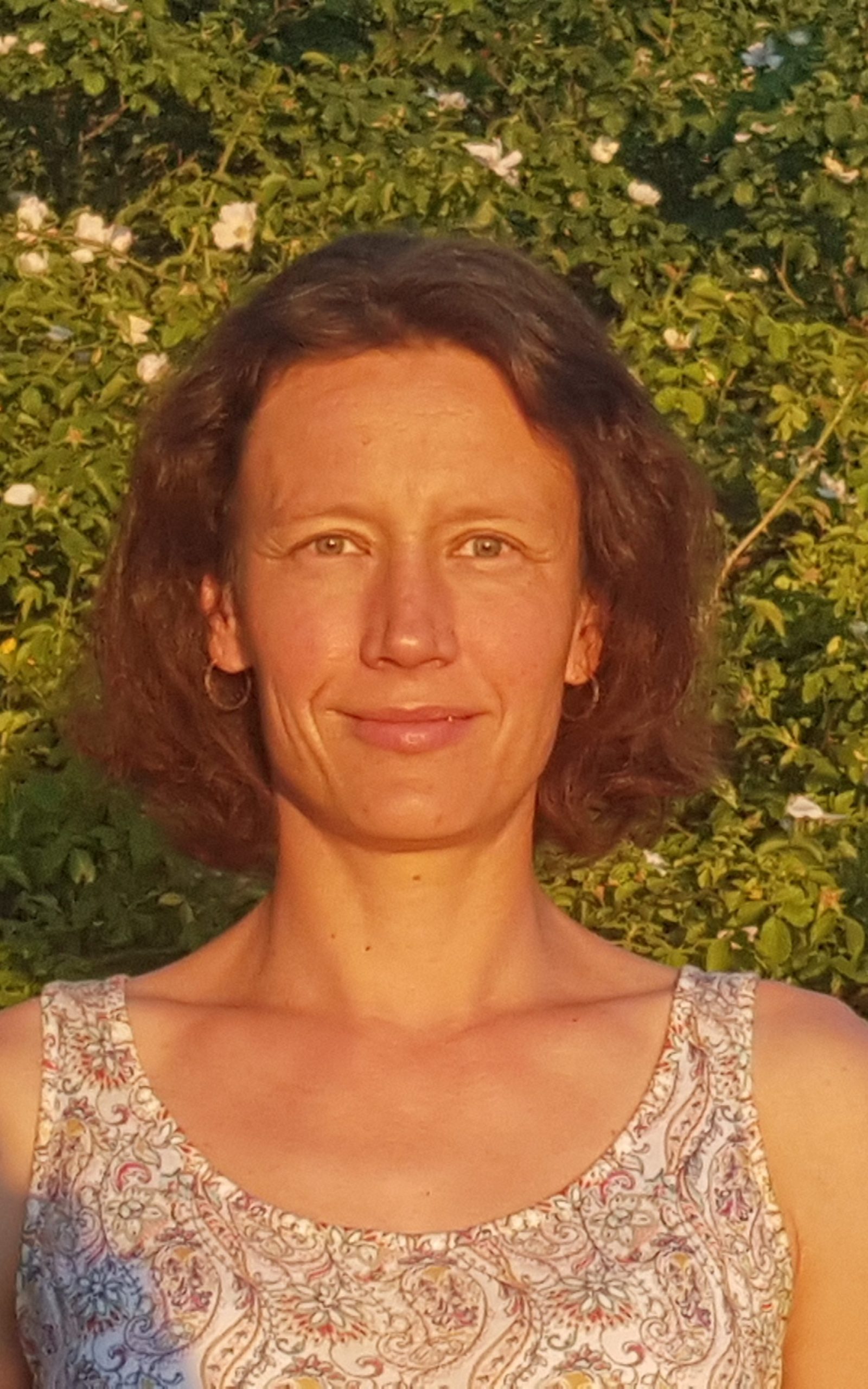
Languages have fascinated her since childhood. Later, she began to take on a theoretical interest in them and teach them in practice. As a linguist and teacher of Czech as a foreign language, she has been doing so for more than twenty years now. She has taught at several summer schools, which attract her with their friendly atmosphere and unique students. From her, you can expect not only grammar but above all sincere enthusiasm for all the questions that do not always have a satisfying answer. She loves nature, culture, and people. She herself doesn’t know which of these she loves more, so she constantly moves between Prague and the countryside. She never leaves home without a backpack, she is optimistic, enthusiastic, and completely imperfect.
Huleja Jan
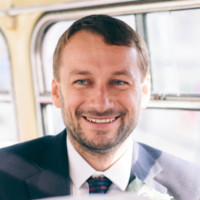
Why do I focus on teaching Czech to foreigners?
I love my native language and my homeland. At the same time, I’ve always tried to learn about different countries and cultures. I meet many people from all over the world. In my courses, I introduce them to the Czech language and Czech realia, and at the same time, I learn from them. We exchange our perspectives on the world. It’s reciprocal. It makes my life more colorful and fun.
Why am I at the Summer School?
I’ve been involved in teaching Czech as a foreign language for a long time – in private language schools, state universities and high schools, and also in non-profit organizations. Currently, I work as a lecturer at the Institute of Czech Studies for Foreigners and Communication of the Deaf at the Faculty of Arts, Charles University, with a focus on linguistics and literature. The Summer School is a very pleasant summer return to where it all began for me – back to a language course among students, in the beautiful setting of Prague during the height of summer.
How will you recognize me at the Summer School?
You’ll find me during the second half of LŠSS. I’m usually somewhere near my classroom. If you’d like to get to know me from a more academic perspective, you’re warmly invited to attend my lecture, which will be part of the Summer School program.
Kessler Vojtěch
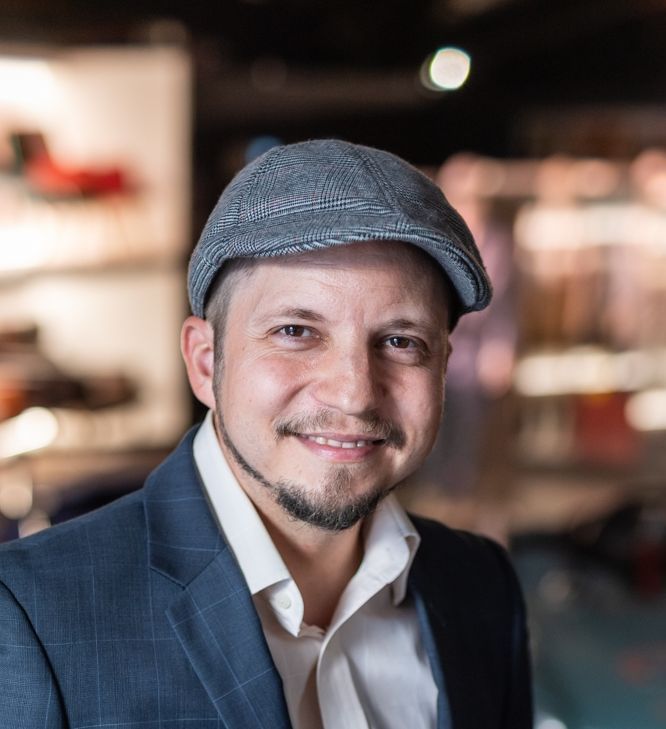
PhDr. Vojtěch Kessler, Ph.D., studied history at the Faculty of Arts, Charles University, and currently works as a researcher at the Institute of History of the Czech Academy of Sciences (Department of the 19th Century). He completed internships at the Department of Economic and Social History of the University of Vienna. His research interests include the history of everyday life, collective identities, and memory studies in the 19th and the first half of the 20th century. He is the author of several monographs and editions, a member of the Society for Military History Research, and the curator of the The Database of the History of the Everyday.
Kocjančič Antolík Tanja
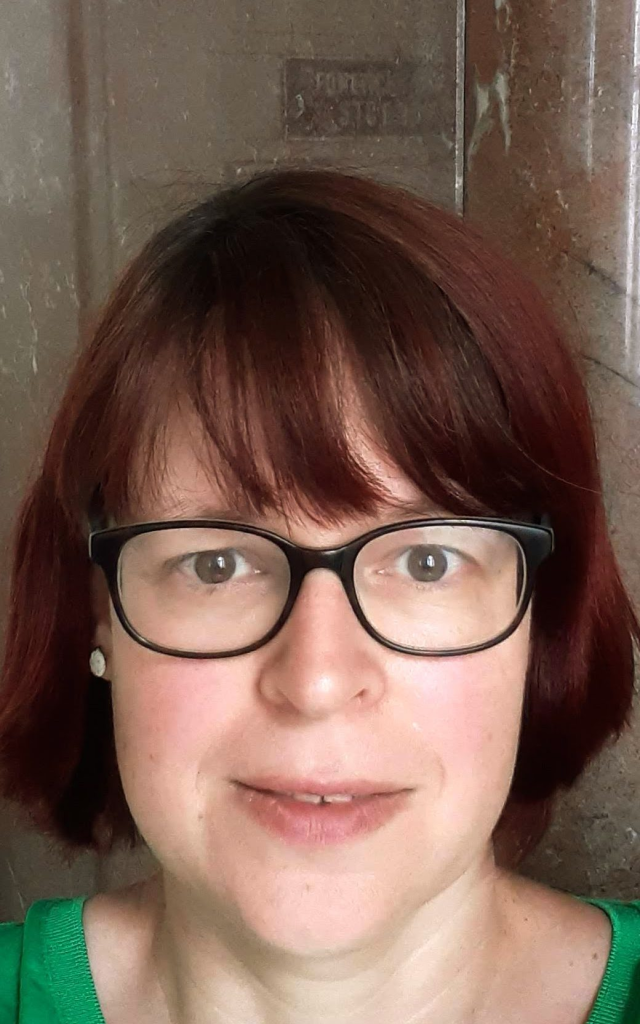
Tanja Kocjančič Antolík is a researcher at the Institute of Phonetics at the Faculty of Arts, Charles University. She is mostly interested in speech production, especially acoustic and articulation speech characteristics in foreign languages and speech disorders. Her other interests include research into the usage of ultrasound imaging to help teach correct pronunciation in foreign languages and to fix pronunciation in speech disorders in children and adults.
Kodadová Ludmila
Why do I focus on teaching Czech to foreigners?
Because teaching Czech to students who have a different linguistic background is always a challenge. And since this challenge constantly makes me ask myself, “Why do we actually say it this way?”, I try to better understand Czech from my perspective as a native speaker.
Why am I at the Summer School?
Because I enjoy meeting inspiring people – and the Summer School in Prague is full of them.
How will you recognize me at the Summer School?
By the book I’m always reading and keeping close at hand. And also by my sneakers.
Kopřivová Marie
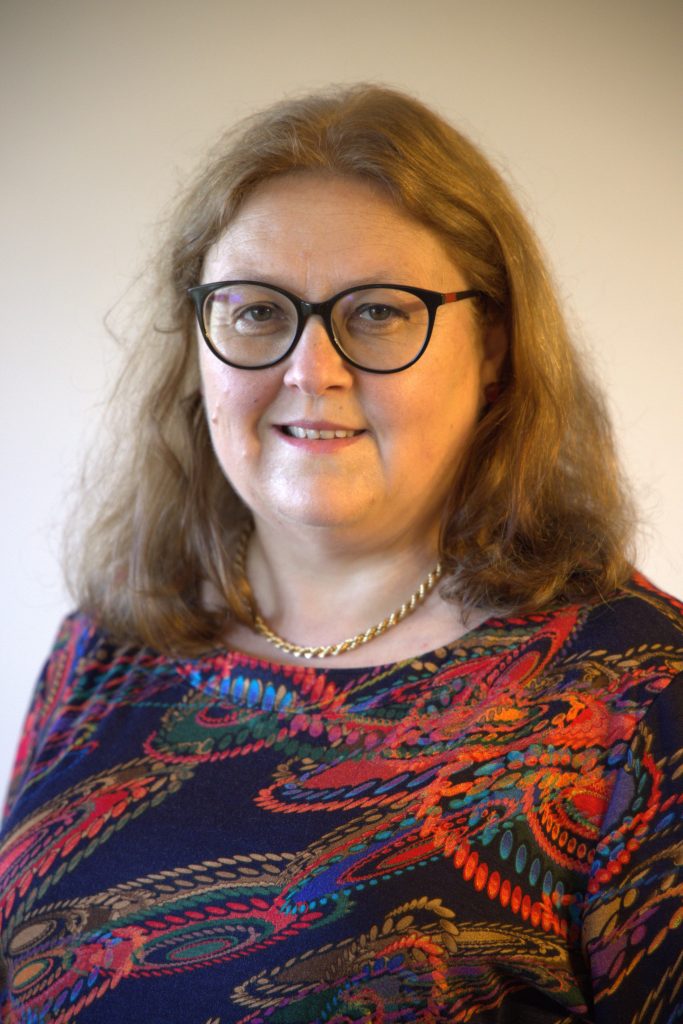
Czech for foreigners gives me a new perspective on my own language as well as on other languages, on the process of learning them, and on how communication works.
I really enjoy watching my students make progress, and I find great joy in the process of understanding culture and the world through language. It’s definitely true: As many languages you know, as many times you are a person.
I’m at the Summer School because Prague is beautiful in the summer, and it’s an unforgettable experience to be there with people who want to learn Czech. It’s a great adventure.
You’ll recognize me at the Summer School as the smallest among the teachers. Just line them all up by height, and I’ll be at the end. But otherwise, I’ll try to wear my orange ladybug (pin or accessory).
Lacina Štěpán
Why do I focus on teaching Czech to foreigners?
I don’t really focus on teaching Czech to foreigners anymore—or rather, it’s no longer my daily bread, with the exception of the Summer School. However, studying it definitely helps in my profession as a high school teacher, where it gives me a view of the Czech language system “from the other side.” This allows me to better explain how language works, especially to small children. And it works the other way around, too: teaching Czech to native speakers enriches the way I teach it to foreigners.
Why am I at the Summer School?
When I was twenty-something, I saw it as a prestigious thing, a way to feed my twisted ego, and a chance to impress girls and students. Today, it’s mainly a break from the everyday school routine. A break spent among amazing, open-minded students and colleagues. A break during which I get to spend time alone (without kids and wife) in Prague and do whatever I want. So, my participation in the Summer School is purely for social and therapeutic reasons. 🙂
How will you recognize me at the Summer School?
You won’t—because, like a ninja, I can make myself invisible. Follow the scent instead: Old Spice, beer, and freedom…
Náměstníková Světlana
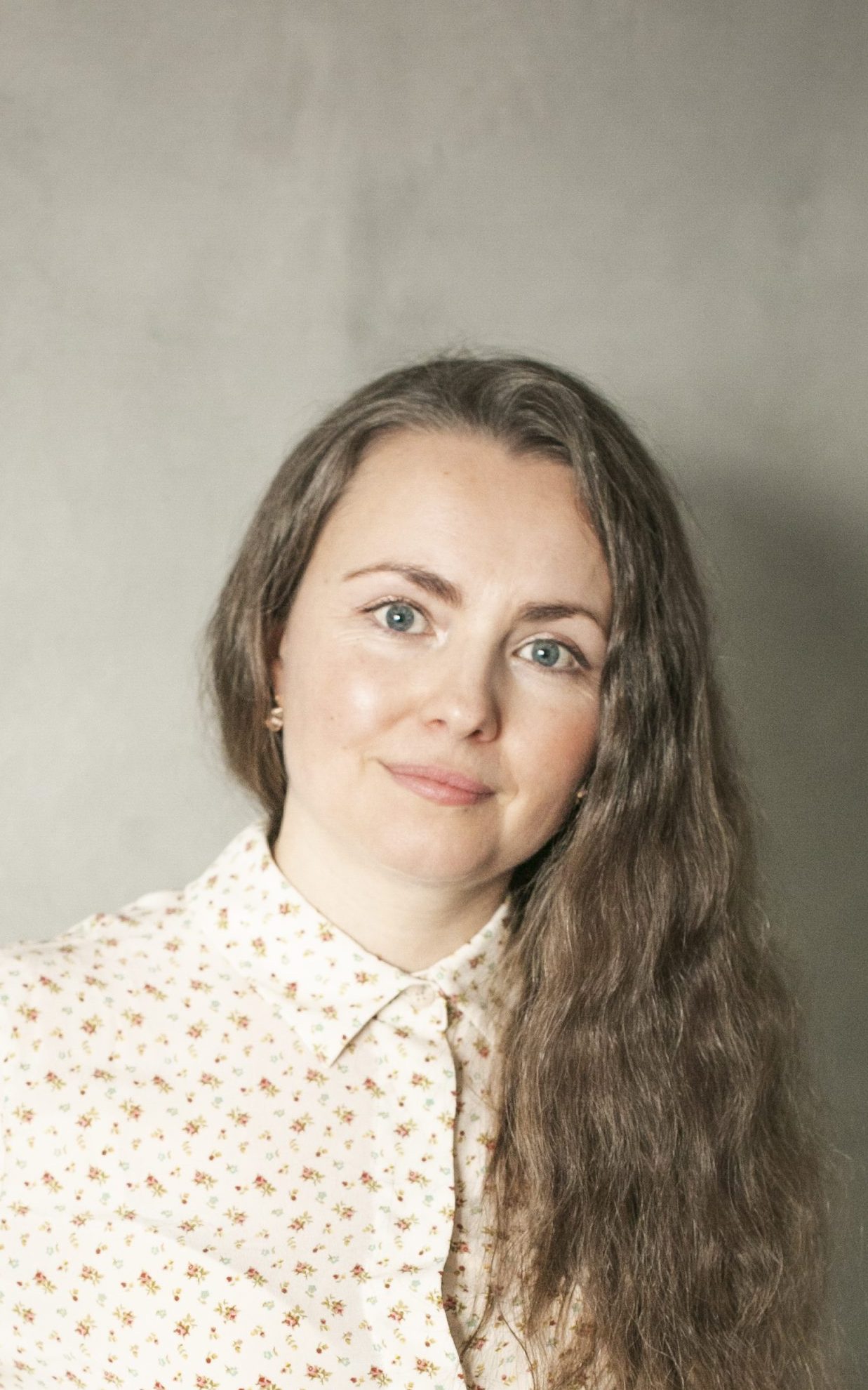
She graduated in Teaching Czech Language to Foreigners at the Faculty of Arts, Charles University. She has been teaching Czech as a foreign language since 2007. She has worked as a lecturer in programs such as Czech Studies, Institute of Czech Studies (ÚBS) for Ukraine, and LŠSS 2022. She is confident that regular attendance and completing homework assignments are the guarantee of students’ progress.
Pastoukhovitch Elena
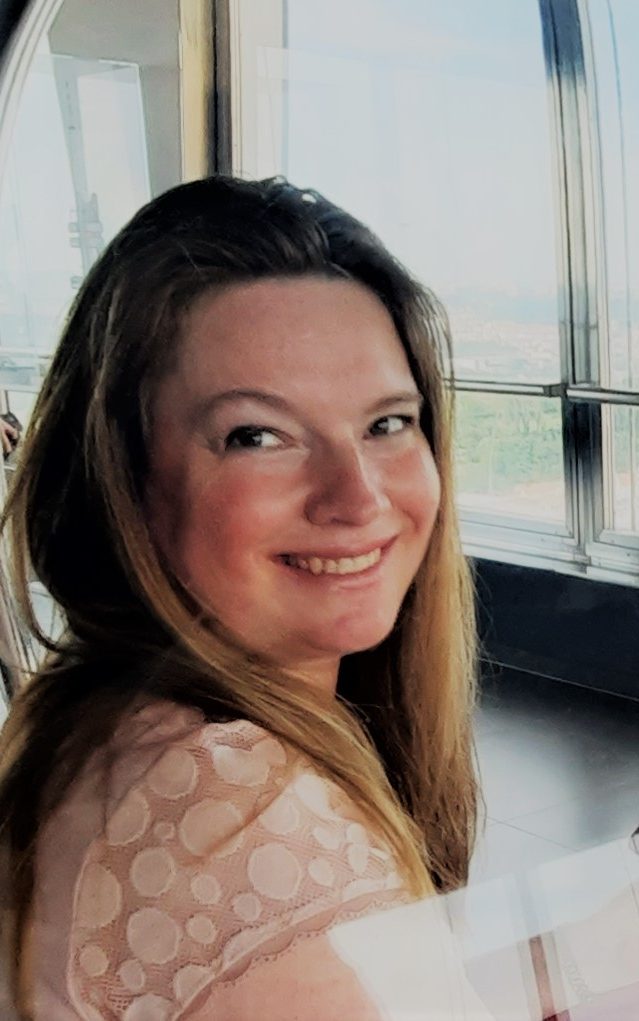
For over 20 years, she has been teaching Czech to foreigners, both here and abroad. And she still considers this profession to be her favorite hobby. She can explain even the trickiest grammatical phenomena in a simple way. She opens students’ eyes to language being a living organism that is constantly evolving, which every individual can cultivate for themselves, like a flower in their own garden.
She constantly develops her teaching methods. In her work as a lecturer, she combines the best traditions of Eastern and Western schools.
She never leaves home without a good mood and without bidding farewell to her bilingual dog. She is positive, empathetic, and friendly.
Pavlíková Karolína
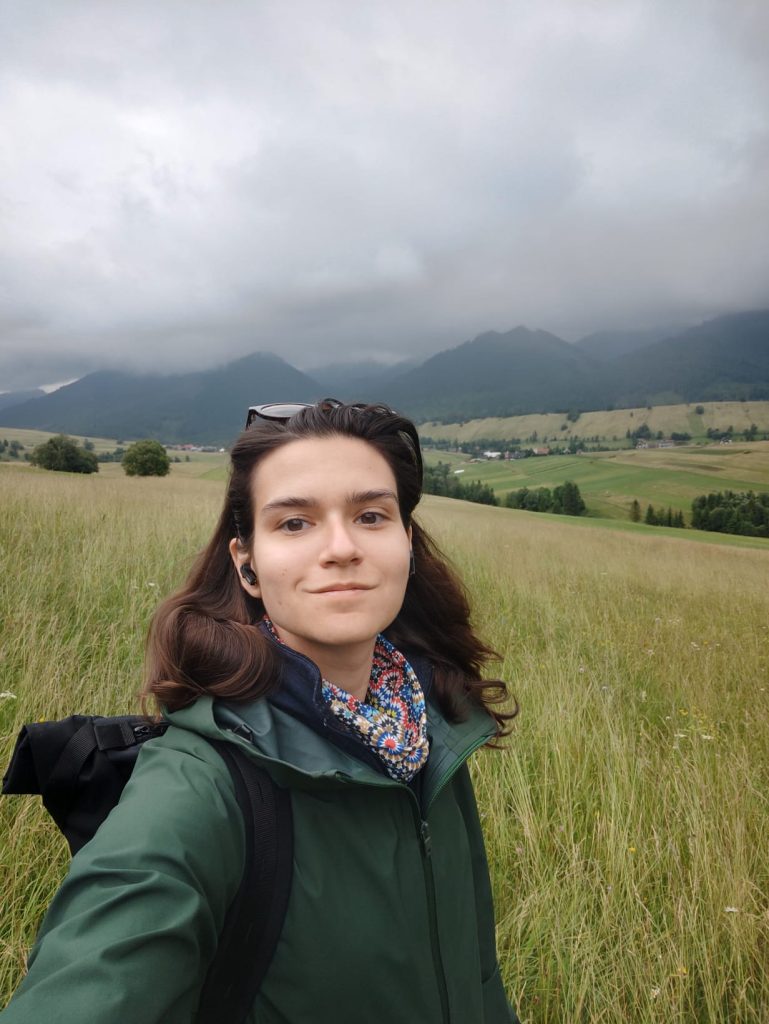
I appreciate how speaking foreign languages allows me to get to know other people and cultures in a deeper way. That’s why I teach Czech to foreigners wherever I get the chance, be it at the university or in a café. This will be my third time at the Summer School, and I’m already looking forward to new friendships, trips, and litres of RedBull shared with the assistant team.
I studied Teaching Czech as a Foreign Language and French, which allowed me not only to explore other Romance languages but also took me to Geneva for an Erasmus stay and later to Brussels for an internship at the Czech Centre. But what I enjoy the most in my free time is drumming on Okinawan drums at festivals with friends from both the Czech Republic and Japan – so here I am learning Japanese.
When I’m not studying, teaching or drumming, I enjoy hiking in the mountains, experimenting in the
kitchen, reading, and playing board games or ping pong.
Pešička Jiří

After grammar school, I graduated in English and German at the Charles Unviersity’s Faculty of Arts. I’ve been teaching since 1978 — first 8 years at a business secondary school, and then, after 1989, I’ve been teaching (now as an external teacher) at the Institute of Czech Studies, Faculty of Arts, Charles University. I’ve led many practical seminars there over the years. Altogether, I’ve spent 6 years teaching Czech as a foreign language abroad, at universities in Berlin, Frankfurt and Yongin (South Korea). I also spent some years as a member of a small team creating A Frequency Dictionary of Czech (published in 2007). For over 30 years, I’ve been teaching at the Summer School of Slavonic Studies. I enjoy history and music, which I also try to make.
Poledníková Marie
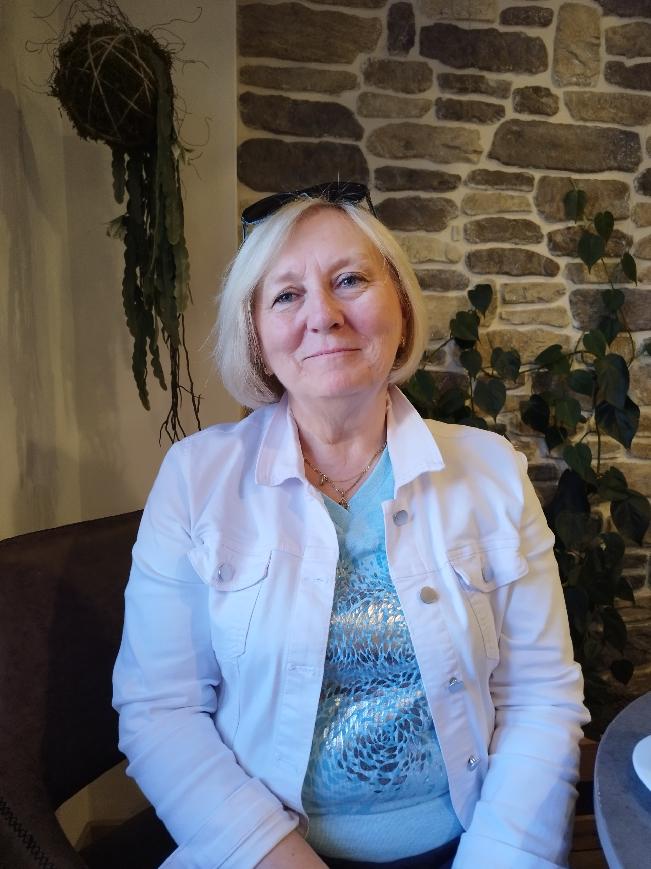
Why do I focus on teaching Czech to foreigners?
I can’t imagine life without chalk, a blackboard, and students. I enjoy playing with language—grammar and literature alike. For a teacher of the Czech language, there’s no better job than sharing her mother tongue with students who speak other languages.
Why am I at the Summer School?
Because it’s the best. I can’t imagine summer without the Summer School. I love the time when “the whole world” comes together in Prague and speaks Czech… and I get to be part of it!
How will you recognize me at the Summer School?
BB – “blondýna s brýlemi” (a blonde with glasses)… and headphones, because I’m always listening to audiobooks. I try to speak loudly and slowly, and I’ll have a name tag!
Posavec-Malok Dean
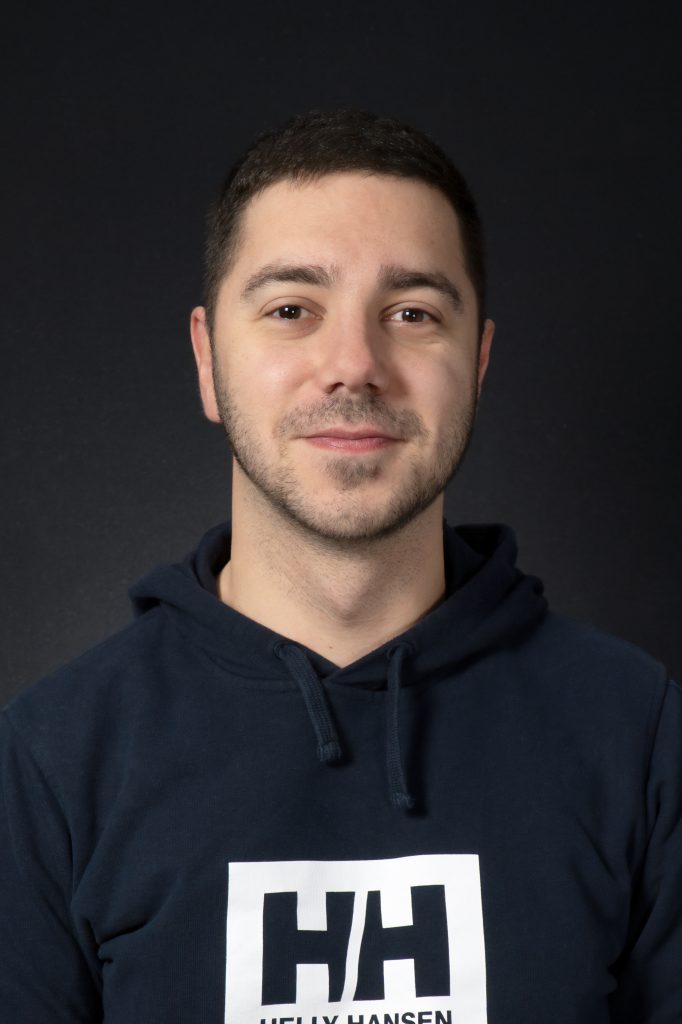
I enjoy teaching, especially foreign languages.
I can empathize with students because I was once on the other side of the classroom myself. That’s why I understand how challenging—but also enriching and fun—learning a foreign language can be. I’m fascinated by the meeting of languages and cultures, and through teaching Czech to foreigners, I get to be part of all that.
I’m at the Summer School because I enjoy meeting new people who are just as enthusiastic about language learning as I am.
And how will you recognize me?
I’ll probably be the one enthusiastically telling you how AI can help you learn Czech. Also—look for the t-shirt with a kitty on it.
Slowik Miroslav

Mgr. Miroslav Slowik, Ph.D., is a linguist focusing on Spanish and Czech studies. He works in the didactics workshop (Didaktická dílna) at the faculty of education in Liberec. He’s interested in new teaching methods, learning approaches and strategies. He researches polite speech as a pragmalinguistic system which forms the culture and idiosyncrasy in communities defined by language. He loves Czech.
Škodová Svatava

Mgr. Svatava Škodová, Ph.D., works at the Institute of Czech Studies at the Faculty of Arts, Charles University, and also at the Department of Czech Language and Literature at the Technical University of Liberec. She received her PhD in philology at the Institute of Czech Language and Theory of Communication (ÚČJTK) at the Faculty of Arts, Charles University (Pseudo-coordination in the syntax of contemporary Czech). In her research and teaching practice, she focuses on Czech grammar from the viewpoint of Czech as either a foreign or first language. She participated in creating many Czech learning materials for foreigners. She also took part in creating the Czech learner corpus CzeSL and the phonetic app ProCzeFor. Furthermore, she participated in making Czech Radio programs available with automatic transcription in parallel with the audio as part of cultural heritage preservation projects. She is interested in anything related to non-native speakers’ Czech, but also in other linguistic deviations.Further details at: https://ubs.ff.cuni.cz/cs/o-katedre/vyucujici/mgr-svatava-skodova-ph-d/
Vališová Pavlína
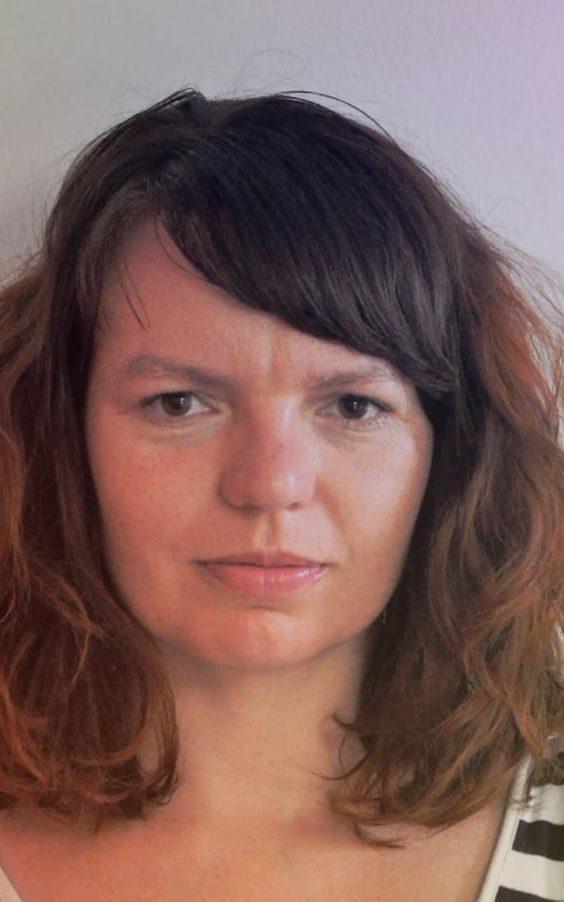
She has been teaching Czech to foreigners for sixteen years and still enjoys it. Currently, she is discovering the countless possibilities of the online world and finding numerous advantages for language teaching there. She has always strived to bring authentic language into her teaching, which she seeks out in linguistic corpora, among other sources. The summer school has thrilled her with its fantastic summer atmosphere and the opportunity to meet students from all over the world in one place.
Veroňková Jitka
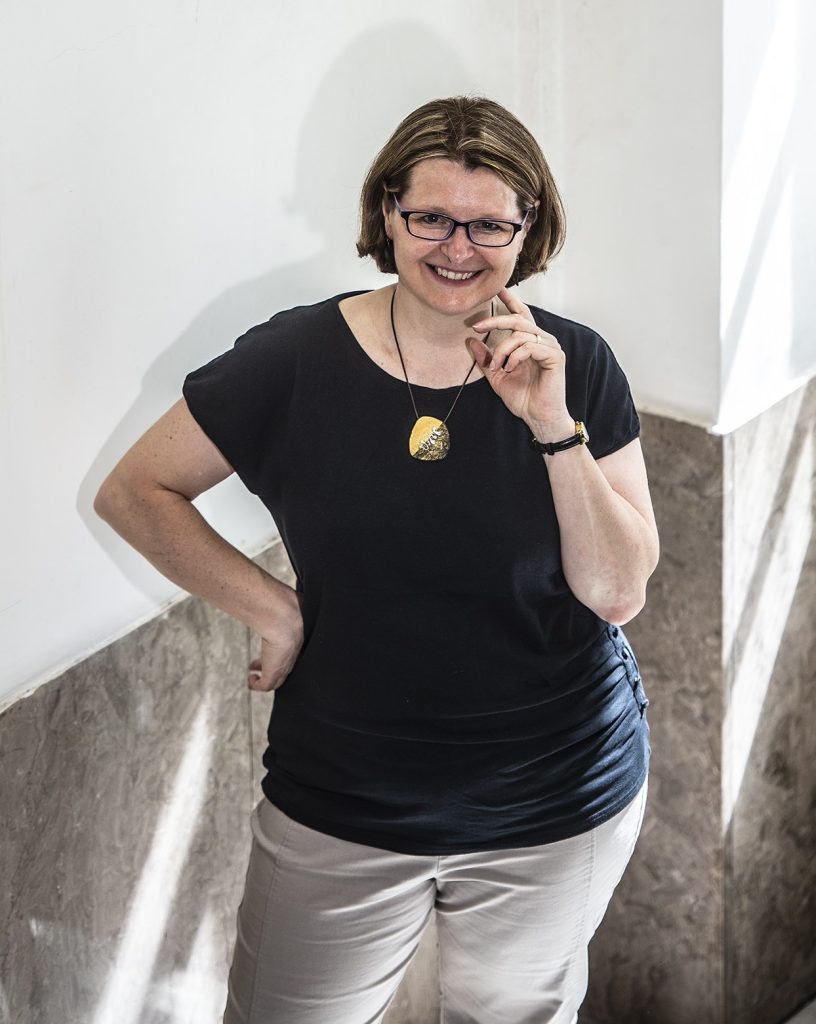
Jitka Veroňková works at the Institute of Phonetics, Faculty of Arts, Charles University, in Prague. Her research focuses on the sound structure of language and speech (with a focus on Czech). She teaches courses at the Phonetics and Czech for Foreigners programmes. Her research interests include Czech prosody and the sound structure of Czech spoken by foreigners, and she also focuses on the culture of spoken language. She is responsible for the phonetics module at the Summer School of Slavonic Studies and for the Czech Studies programme at the Faculty of Arts, Charles University. She co-develops teaching materials for the Czech for Foreigners courses and is the head of the ProCzeFor (Pronunciation of Czech for Foreigners) project.
Vinš Ondřej

My name is Ondřej Vinš, I’m working on a PhD in Czech literature and I teach written Czech for the Deaf. I’m interested in humor from various angles, for example what it says about our world view or how it reflects our historical experience. I taught foreigners for two years, so I also like to learn about the humor of other nations, cultures, and ethnicities.
Vojvodić Sonja
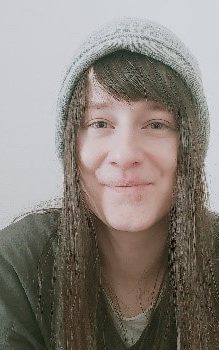
I graduated in Czech Language and Music Pedagogy from the University of Zagreb (2019). During my studies, I completed two Erasmus exchange semesters at the Faculty of Arts, Charles University, and attended two Summer Schools of Slavonic Studies (Brno, České Budějovice). Since 2019, I have been actively involved in teaching Czech as a foreign language at various proficiency levels. Since 2021, I have been teaching at Czech Studies (Faculty of Arts, Charles University) and at the Institute for Language and Preparatory Studies (Charles University).
I have a strong interest in pedagogy, language structure, and intonation. I bring joy to the classroom.
Vondráčková Pavlína
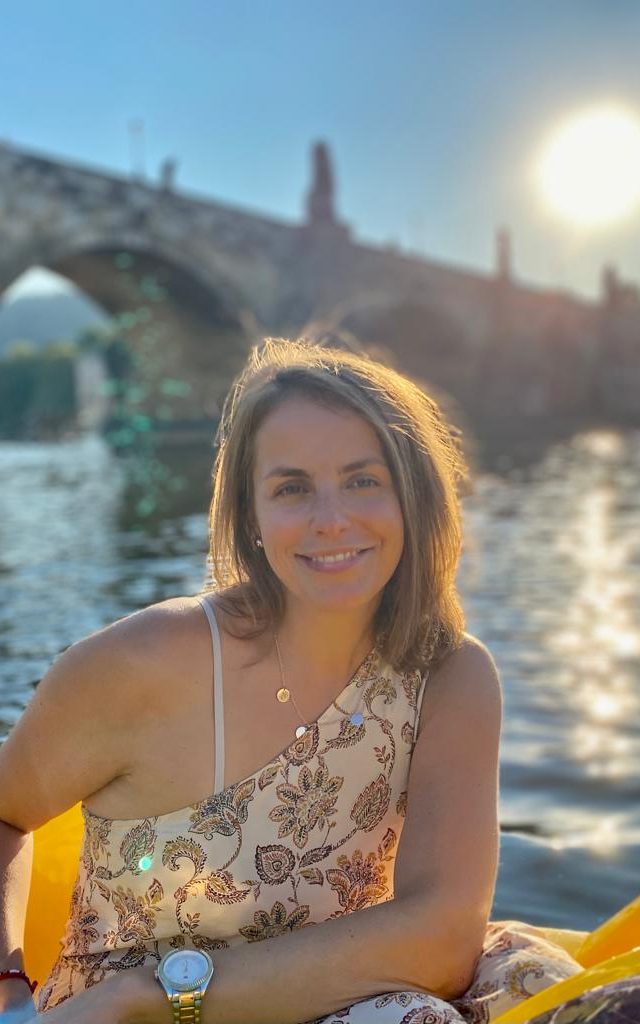
She gained her first experience in teaching Czech to foreigners at the Institute for Language and Preparatory Studies of Charles University’s branch in Liberec. Her desire to travel and gain work experience took her all the way to China, where she worked at the Shanghai International Studies University. She has grown fond of Asia and she enjoys returning there. She focuses on the methodology of teaching Czech to Asian students in her dissertation. At the summer school, she primarily teaches beginners using a playful and entertaining approach to make students fall in love with the Czech language. She never leaves home without a good mood. She is friendly, empathetic, and creative.
Vučka Tomáš
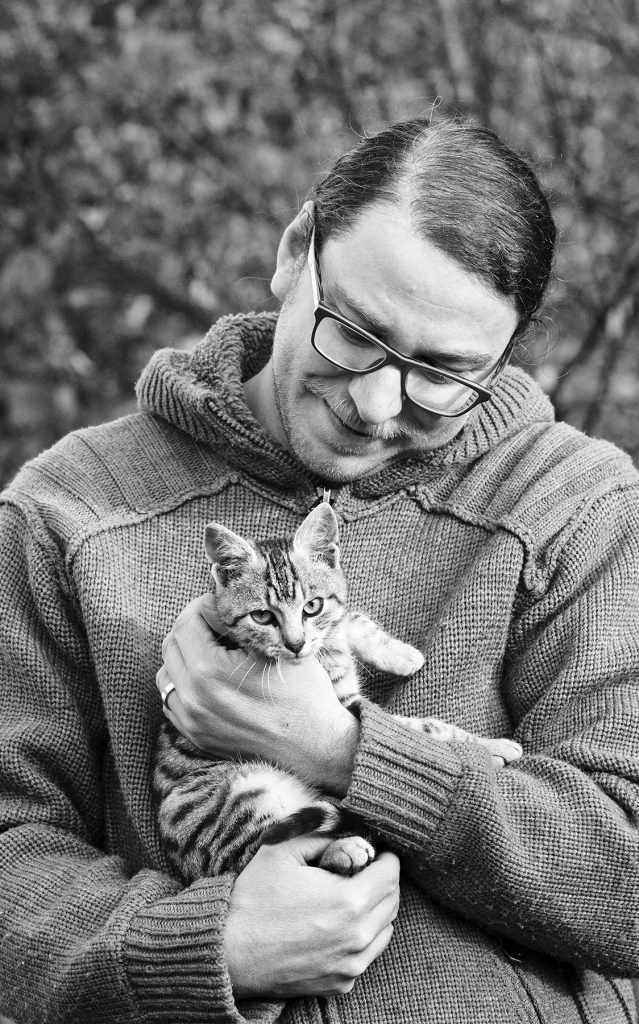
Tomáš Vučka is a literary historian who – when not immersed in books – likes to wander around Prague, especially through the labyrinth of the Old Town streets, where he meets The Golem of Prague, Franz Kafka, Rabbi Loew, Geza Včelička or The Headless Templar.
Zasina Adrian
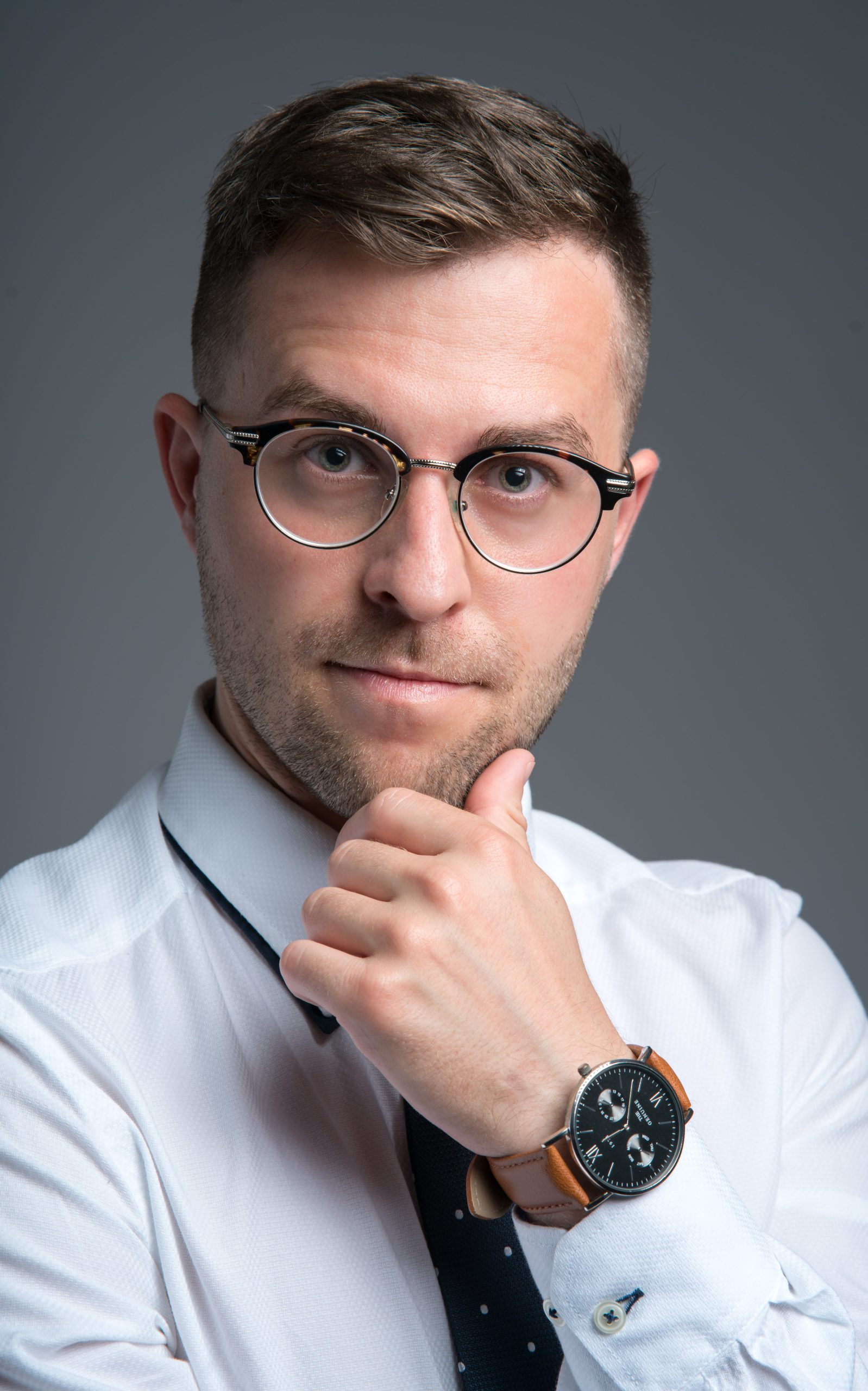
Why do I focus on teaching Czech to foreigners?
Czech is a challenge, which is why I admire all foreigners who decide to take it on. I’m happy to support them in this and introduce them to various modern teaching methods. I enjoy sharing my knowledge with others and watching myself continually improve as well.
Why am I at the Summer School?
The Summer School has always been a unique environment for me – a meeting place for people from all over the world who are learning not just the language, but also from each other. As a former participant, I know how much this experience can change one’s perspective. These days, I can hardly imagine summer without the Summer School.
You’ll probably recognize me by my enthusiastic conversations about language corpora and linguistics.